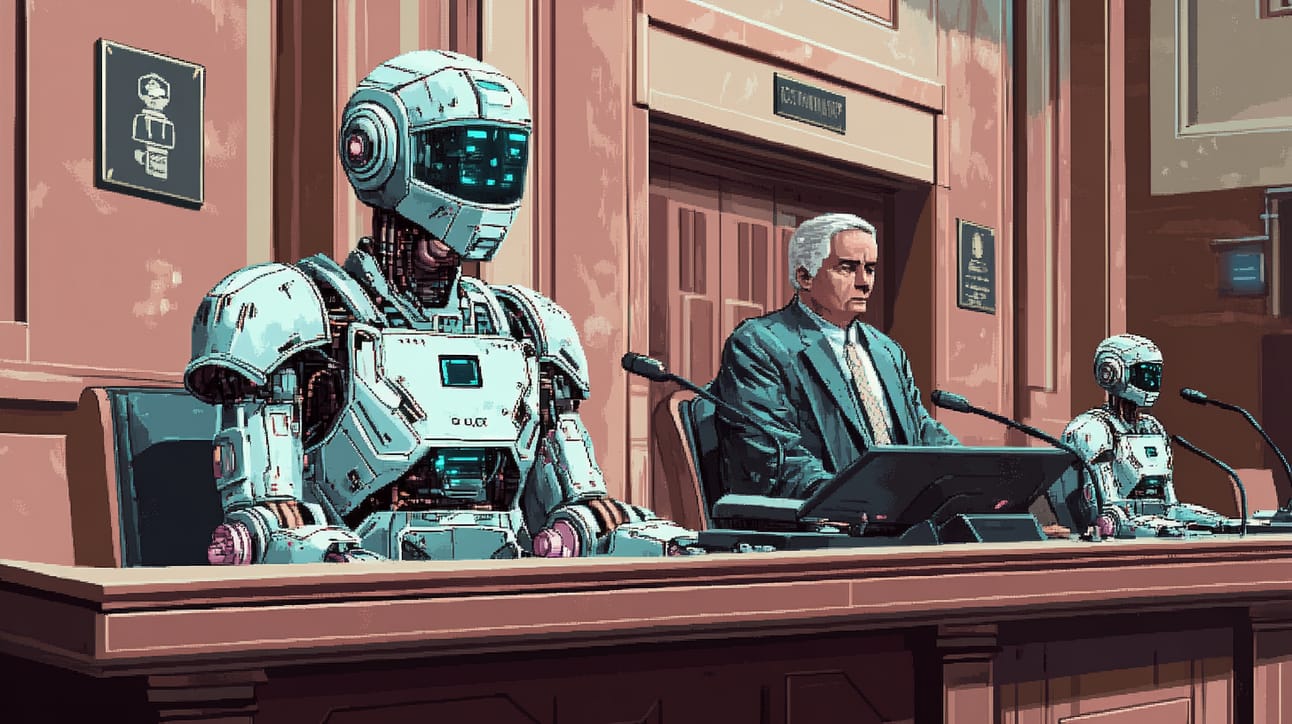AI COPYRIGHT
OpenAI and Google want the US government to let AI models utilise copyrighted content.
Both companies submitted proposals this week, arguing that fair use protections are key to keeping AI innovation moving and even a matter of national security.
The arguments
OpenAI’s stance: Blocking AI firms from using copyrighted content could put the US at a disadvantage in the global AI race, especially against China.
OpenAI warns that Chinese developers have unrestricted access to data, which could give them the upper hand.
Google’s view: Copyright laws, privacy rules, and patent policies could slow AI progress.
Google believes fair use and text/data mining exceptions are essential for training AI models and help companies avoid complicated content negotiations.
Okay, but what about Anthropic?
Unlike OpenAI and Google, Anthropic submitted a proposal focused on security rather than copyright.
Their proposal calls on the US government to:
Assess AI models for national security risks
Strengthen export controls on AI chips
Improve energy infrastructure to support AI growth
Many AI companies, including OpenAI, are facing lawsuits for allegedly using copyrighted content without permission.
The New York Times, authors like George R.R. Martin, and even YouTube have accused AI firms of scraping their data without consent.
Copyright is so fun, right?

